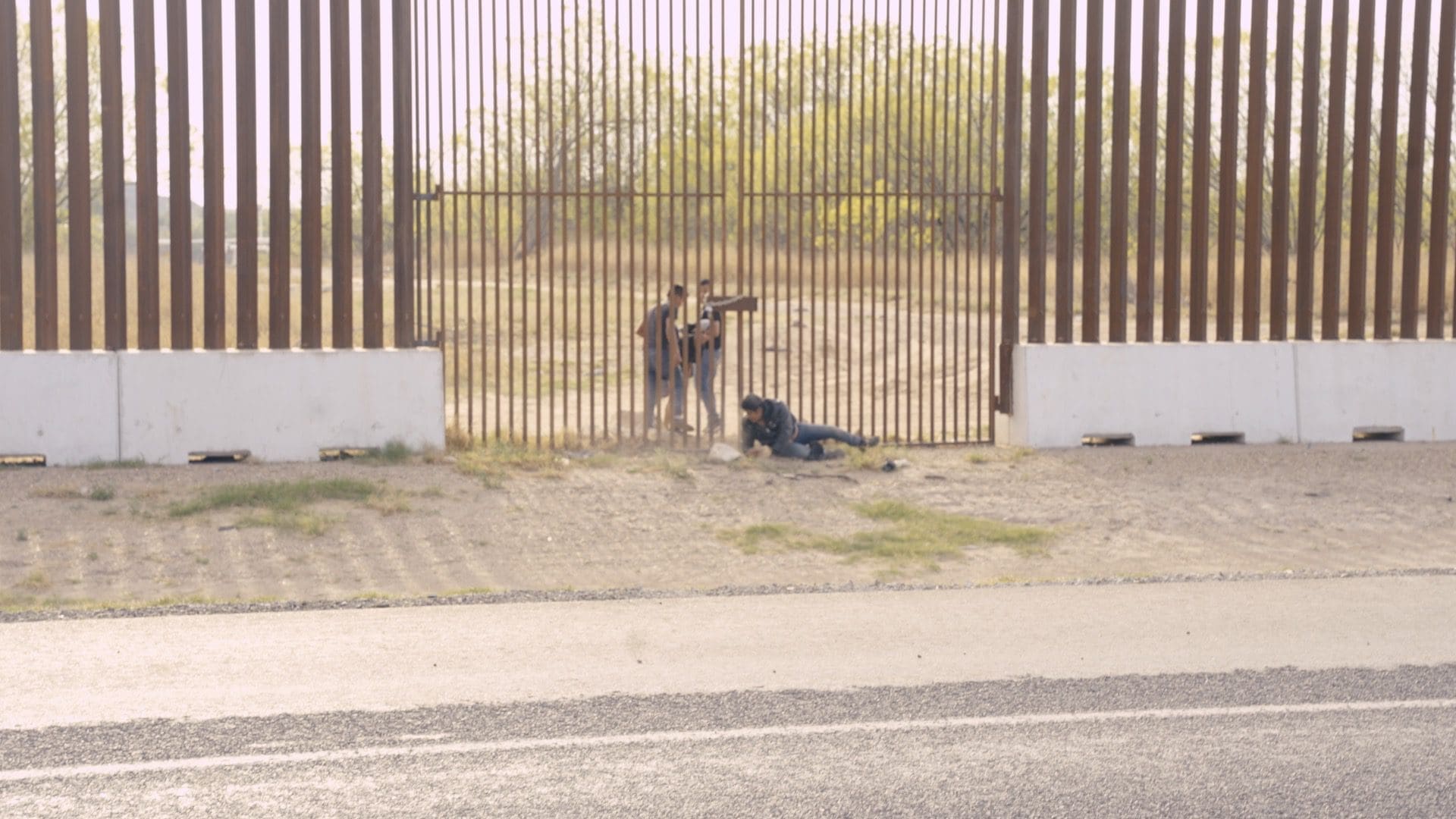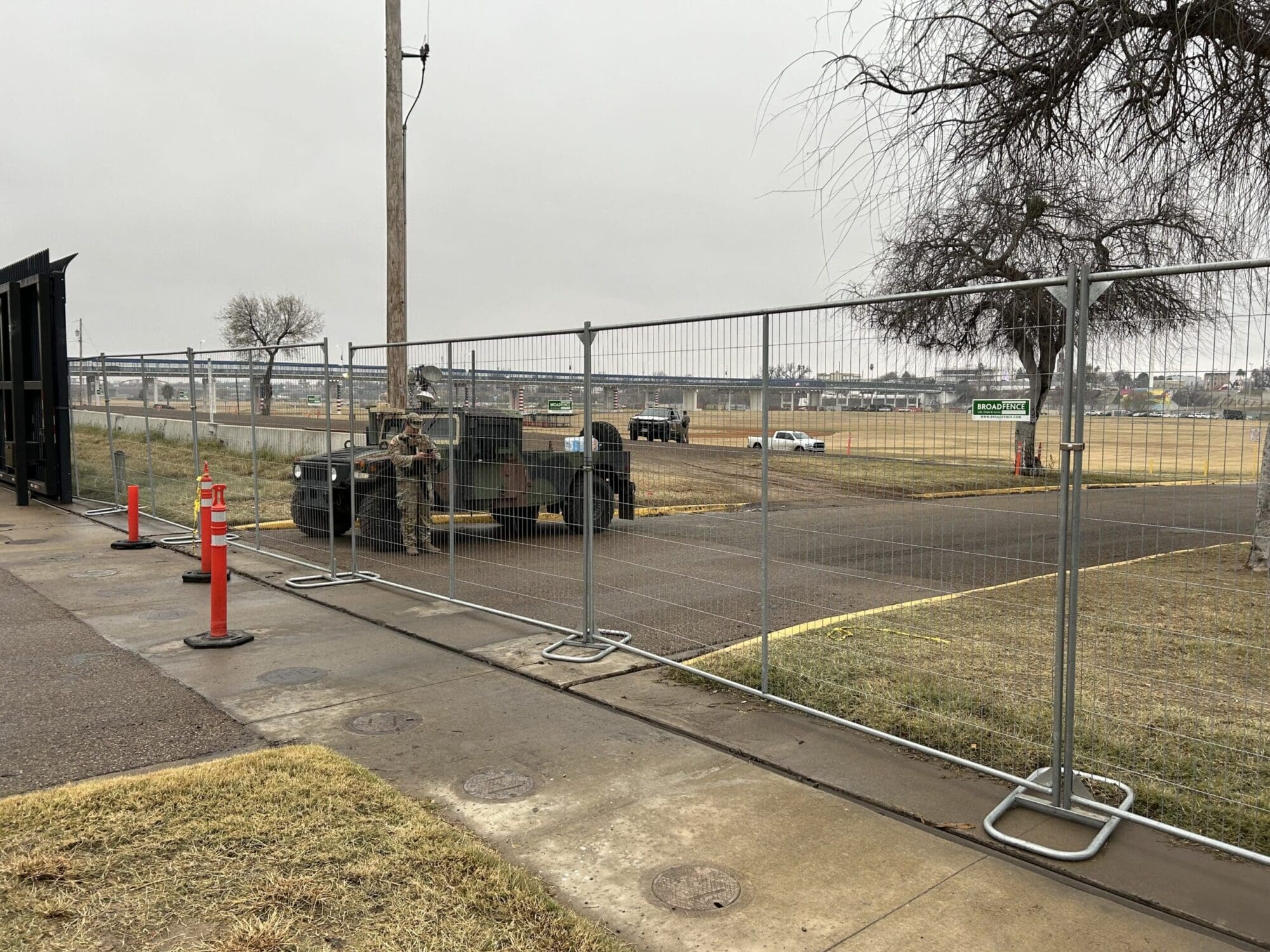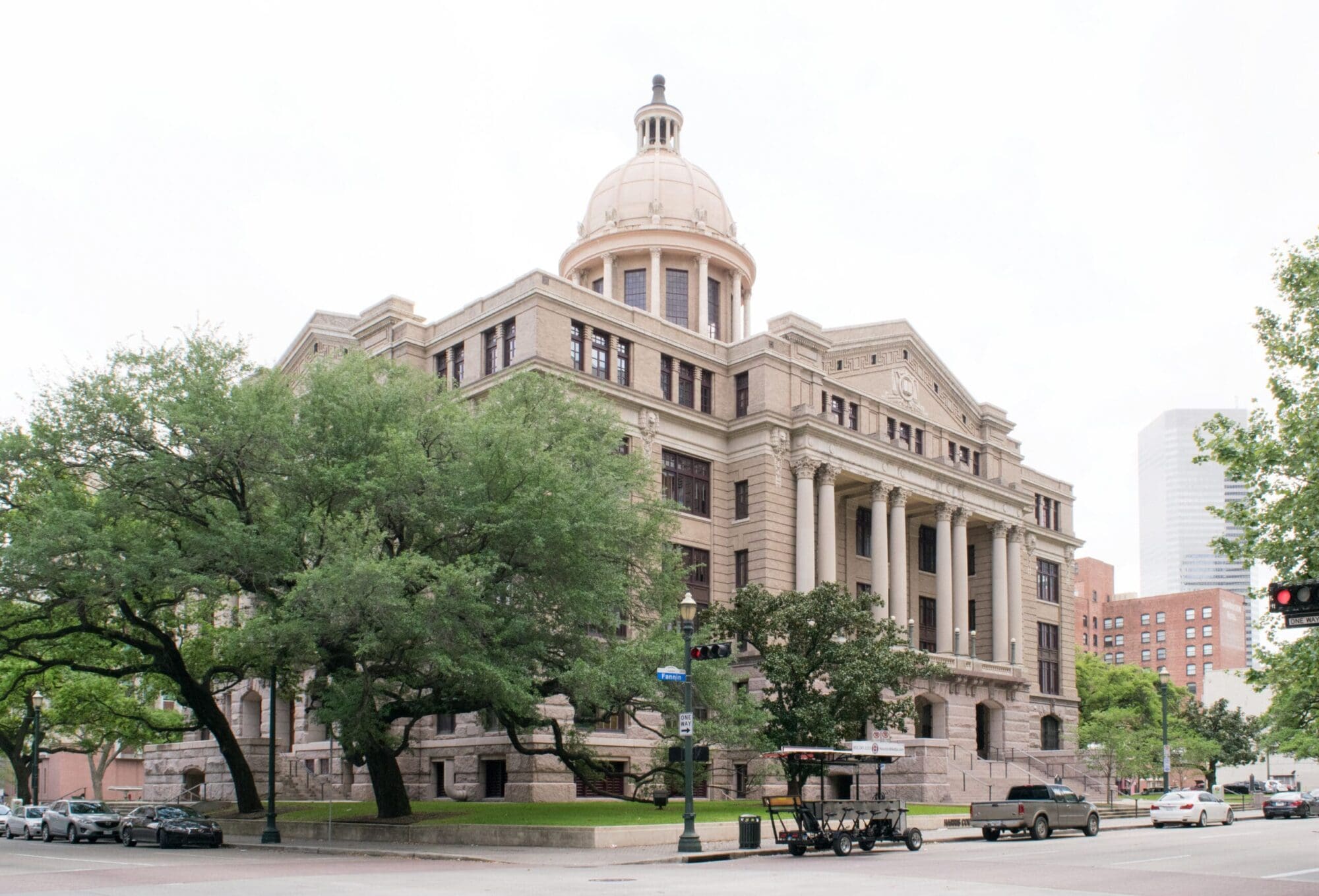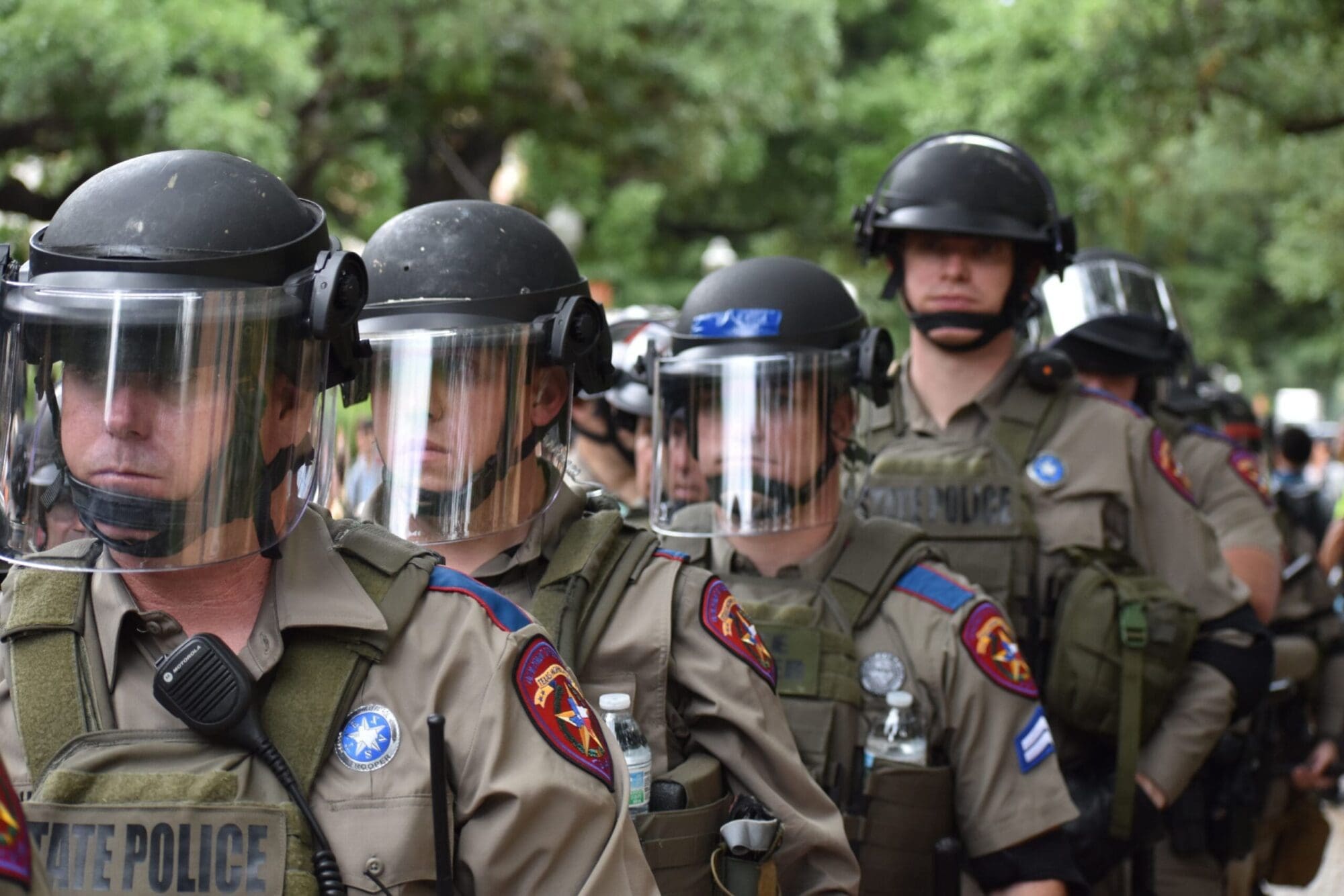As lawmakers consider border security legislation in the fourth special session, one measure seeks to create a criminal penalty for illegal entry into or illegal presence in Texas and authorizes the removal of persons who violate this measure.
House Bill 4 by State Rep. David Spiller (R-Jacksboro) has changed since its original introduction in the third special session.
HB 4 stalled in the third session following disagreement between House Speaker Dade Phelan (R-Beaumont) and Lt. Gov. Dan Patrick over the specifics of the measure. With the announcement of the fourth special session this week, a compromise was announced between the two chambers.
The measure includes these basic facets:
- A judge or magistrate may, in lieu of continuing prosecution for a person arrested under this offense, dismiss the charges if the person agrees to return to the foreign nation from which they came or entered.
- Before the person is dismissed, law enforcement would be required to take fingerprints and photographs and cross-reference them with state and federal criminal databases.
- The severity of the criminal charges increases with each subsequent reentry.
- Local and state officials, employees, and contractors receive civil immunity and are indemnified from federal prosecution.
The measure also includes safeguards:
- It only applies to those who are suspected of crossing into Texas in between the legal ports of entry.
- If the federal government has granted the person lawful presence, asylum, or benefits under DACA, the person will not be charged under HB 4.
- Law enforcement cannot arrest a person under HB 4 if the person is at a school, healthcare facility, place of religious worship, or SAFE-ready facility.
The House Committee on State Affairs heard citizen testimony and discussed HB 4 Thursday.
Smith County Sheriff Larry Smith, president of the Sheriffs’ Association of Texas, testified on the measure stating, “We still have some concerns about the fiscal impact, not only to the border sheriffs but on the sheriffs statewide.”
“The offense of illegal entry will likely only be able to be found in a border county or a county with a border patrol checkpoint,” he explained. “Sheriffs in those counties are concerned about the jail crowding. There’s not an Operation Lone Star detention facility in each border county. I believe there are only three in all of South Texas, and even border counties in South Texas may have to drive two to three counties over to reach one of these state facilities.”
“There are no Operation Lone Star facilities in the interior that I’m aware of, and every person arrested for this offense will be detained in a county jail,” concluded Smith.
Melissa Ford Maldonado with the Texas Public Policy Foundation testified in favor of the measure, stating, “Texans have learned the unfortunate lesson that we can’t expect much from our federal government, but we expect more from our state. That’s why we need HB 4.”
“We need it to ensure that Americans possess the most basic element of sovereignty, the ability to determine who becomes a part of our community. And we need it to shut down the cruel and deadly commerce of drugs, violence, in millions of human beings. There’s nothing radical or unlawful about HB 4—it’s necessary. It’s common sense, and it’s supported by the power that’s given to us by the U.S. and Texas constitutions for the sake of the victims of our lawless border.”
Kristen Etter with the Texas Immigration Law Council testified against HB 4, saying it “does nothing.”
She argued HB 4 “targets all immigrants in Texas” and it “is especially troubling and problematic when federal law specifically authorizes migrants to request asylum when physically present if they arrive in the U.S. whether or not at a designated port of entry.”
HB 4 passed from committee in a vote of 8-4. It must now be voted on by the full House.
The legislation is identical to Senate Bill 4 by State Sen. Charles Perry (R–Lubbock), which was quickly moved through the Senate’s State Affairs Committee on Thursday afternoon.
The fourth special session expires on December 6.
No ads. No paywalls. No government grants. No corporate masters.
Just real news for real Texans.
Support Texas Scorecard to keep it that way!





